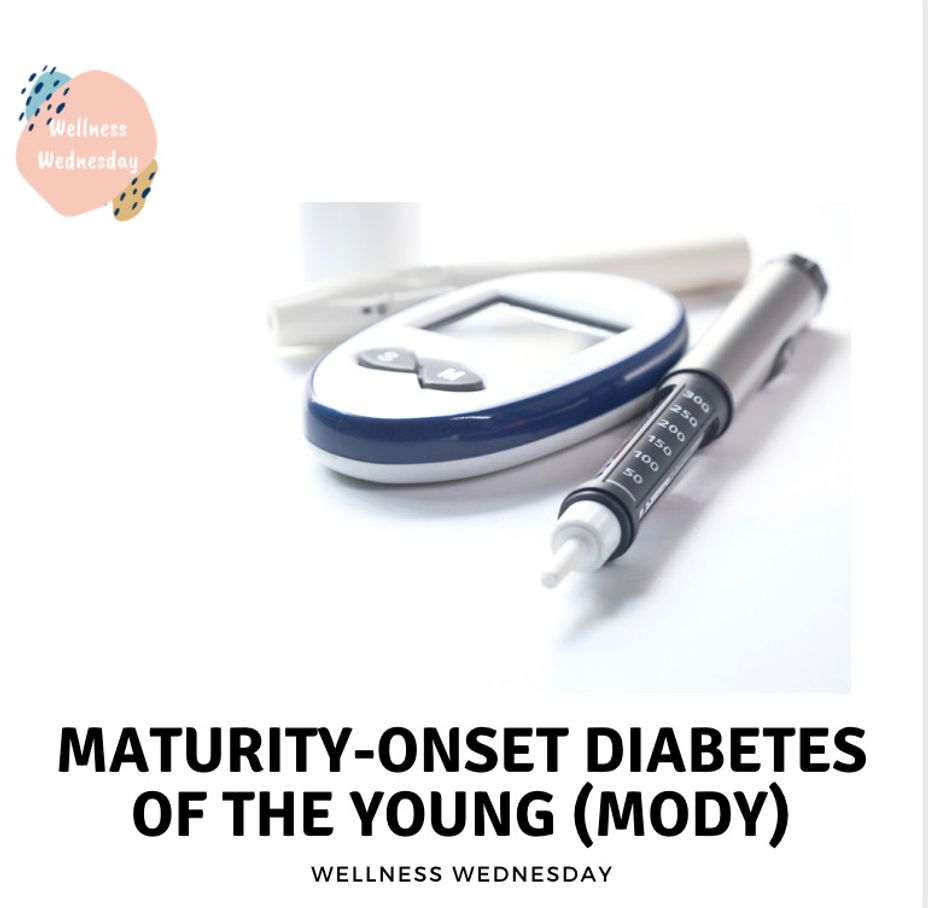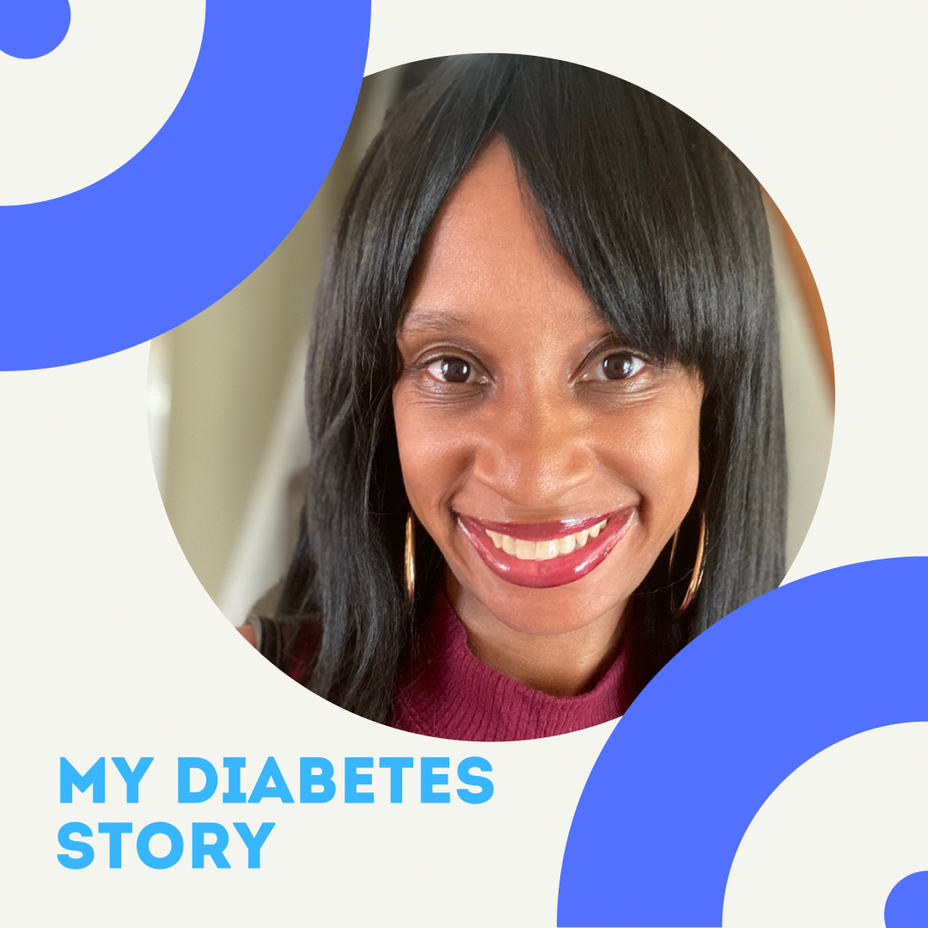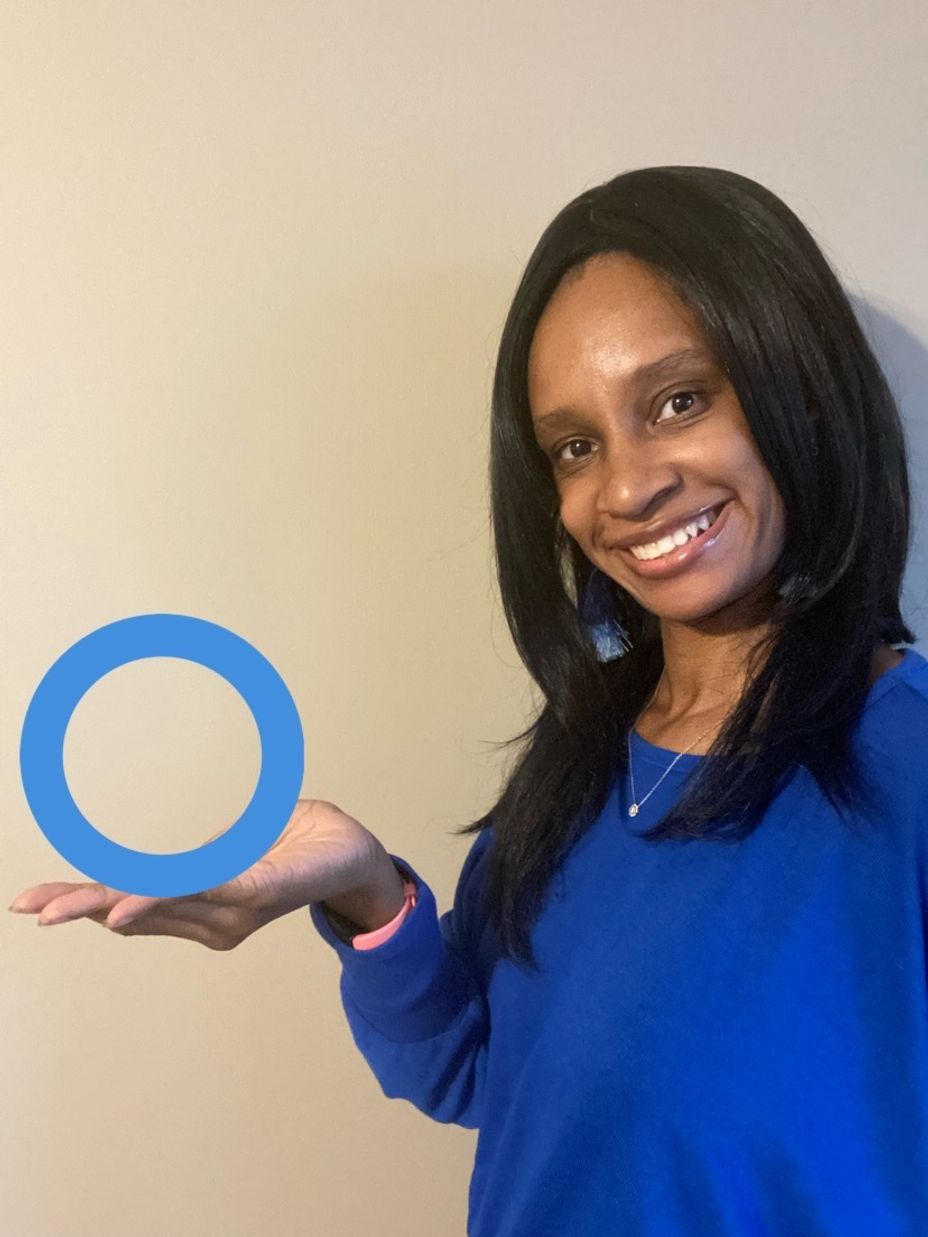Wellness Wednesday: Maturity-Onset Diabetes of the Young (MODY)
Maturity-onset diabetes of the young (MODY) is a form of diabetes caused by a mutation in one of eleven genes in a person’s DNA.
The mutations affect different organs throughout the body and ultimately cause difficulty regulating blood sugar. A person can inherit MODY by inheriting one copy of a gene mutation, unlike type 1 and type 2 diabetes.
MODY is generally diagnosed from late childhood to adulthood - usually before 25 years old (and rarely after 35 years old). MODY may affect a higher number of people, because 80% of cases are misdiagnosed as diabetes types 1 or 2.
It is possible to pass MODY from parent to child. Children with one affected parent have a 50% chance of developing MODY. However, mutations can still occur randomly and impact generations in which neither parent carries the mutation.
A person living with MODY is not insulin dependent, meaning that those affected still produce some insulin.
🔹MODY Symptoms🔹
In general, MODY symptoms are the same as other types of diabetes - thirst, frequent urination, and weight loss, but some types of MODY may not produce any symptoms.
🔹Diagnosing MODY🔹
An A1C blood test is used to determine your average blood glucose level in all types of diabetes, as well as other blood tests to rule out type 1 or type 2 diabetes.
Whenever there is a possibility of MODY and one is less likely to be diagnosed with type 1 or type 2 diabetes, a genetic test is done (using a blood sample). A genetic test (with a blood sample) can make a definitive MODY diagnosis.
🔹MODY Treatments🔹
MODY has 11 types caused by mutations in different genes, with four types being the most common. Treatment depends on which type you have, and your doctor will help you develop a plan to manage your blood sugar.
♦️MODY 1 (HNF4A gene)♦️
♦️MODY 3 (HNF1A gene)♦️
People with these types of MODY usually take oral sulfonylureas (pills) to lower their blood glucose; 30-40% will eventually need to take insulin to keep their blood sugar at normal levels.
♦️MODY 2 (GCK gene)♦️
In this type of MODY, fasting blood sugar levels remain elevated throughout a person's lifetime. Since it does not require any pills or insulin, it usually does not require treatment (and treatments are not usually required). Pregnant women with MODY 2 should monitor their blood glucose levels and their baby's growth carefully.
♦️MODY 5 (HNF1B gene)♦️
This condition involves a rare kidney disorder and insulin is often necessary.
Source: DiaTribe
#Diabetes #DiabetesType2 #DiabetesType1 #prediabetes #JuvenileDiabetes #ChronicIllness #AutoimmuneDisease #Awareness #wellness





